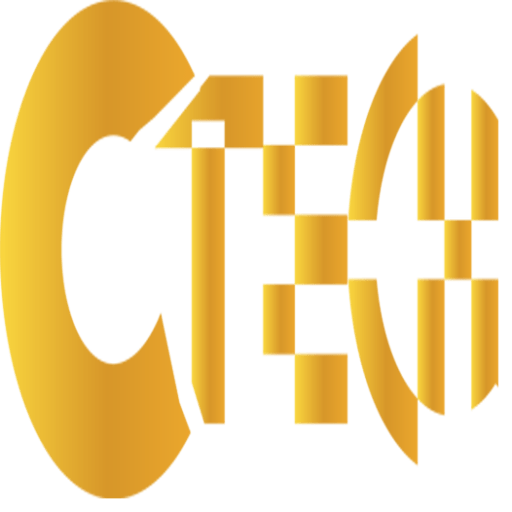What is an Octa-core Processor?

Octa-core is the latest technology in processor cores, but what exactly is an octa-core? This article will explain What is an Octa-core Processor?, the differences between a quad-core and an octa-core, the pros and cons of octa-core technology, and the applications of an octa-core processor.
Introduction
An octa-core is a processor with eight cores, or eight independent processing units. It is the latest technology in processors and is more powerful than a quad-core processor, which only has four cores.
What is the difference between a quad-core and an Octa-core?
The main difference between a quad-core and an octa-core is the number of cores. A quad-core processor has four separate cores, while an octa-core processor has eight separate cores. This means that an octa-core processor is twice as powerful as a quad-core processor and can handle twice as many tasks at once.
Quad-core processors are designed to handle basic tasks such as web browsing, word processing, and basic gaming. They are ideal for everyday tasks that don’t require a lot of power or multitasking.
Octa-core processors are designed for more intensive tasks that require more power and multitasking. These tasks include video editing, animation, and gaming. Octa-core processors are also more energy efficient than quad-core processors and can handle more tasks at once.
The main difference between a quad-core and an octa-core is the number of cores. A quad-core processor has four cores, while an octa-core processor has eight cores. This means that an octa-core processor is twice as powerful as a quad-core and can handle twice as many tasks at once. While quad-core processors are ideal for everyday tasks, octa-core processors are best for more intensive tasks that require more power and multitasking. They are also more energy efficient, making them a better choice for those who need the extra power.
Pros of an Octa-core
The pros of an octa-core processor are numerous. The most obvious benefit of an octa-core is its power. With eight cores, an octa-core processor can handle more tasks at once and can run multiple applications simultaneously. This makes it the perfect choice for gamers, video editors, and other users who need a lot of power for their work.
Another advantage of an octa-core processor is its energy efficiency. With eight cores, an octa-core processor can provide more performance while using less energy. This makes it a great choice for those who want to save money on their electricity bills.
Finally, an octa-core processor is more future-proof than a quad-core processor. As technology continues to evolve, new applications and programs are created that require more power. An octa-core processor can handle these applications without issue, while a quad-core processor may struggle.
Overall, an octa-core processor is an excellent choice for those who need a lot of power and multitasking capabilities. It is more powerful and energy efficient than a quad-core processor and can handle more tasks at once. For those who need the extra power, an octa-core processor is the way to go.
Cons of an Octa-core
The cons of an octa-core processor are mainly related to cost. Octa-core processors are more expensive than quad-core processors and can add a significant amount to the total cost of a computer. In addition, octa-core processors generate more heat and require more cooling, which can also add to the cost.
Another disadvantage of octa-core processors is that not all applications are optimized for them. While octa-core processors are more powerful than quad-core processors, some programs are not designed to take advantage of the extra cores and may run slower on an octa-core processor than on a quad-core processor.
Finally, octa-core processors are not always necessary. If you don’t need the extra power, then a quad-core processor may be more than sufficient. An octa-core processor may be an overkill, and you may end up paying more money than necessary.
Overall, octa-core processors offer a lot of power, but they come at a cost. They are more expensive, generate more heat, and may not be necessary for some applications. If you need the extra power, then an octa-core processor is the way to go. However, if you don’t need the extra power, then a quad-core processor may be a better choice.
Applications of an Octa-core
Octa-core processors are best suited for applications that require a lot of power and multitasking capabilities. These applications include video editing, graphic design, animation, gaming, and other tasks that require a lot of processing power.
Octa-core processors are also becoming increasingly popular in the world of virtual reality. Virtual reality applications require a lot of power and multitasking capabilities, and an octa-core processor can handle them with ease.
In addition, octa-core processors are often used in business environments, such as servers and enterprise applications. These applications require a lot of power and multitasking capabilities and an octa-core processor is up to the task.
Overall, octa-core processors are best suited for applications that require a lot of power and multitasking capabilities. They are ideal for gaming, virtual reality, video editing, graphic design, animation, and other tasks that require a lot of processing power. They are also becoming increasingly popular in business environments, such as servers and enterprise applications.
Conclusion
Octa-core processors are powerful and energy-efficient processors that are used in many applications that require high levels of multitasking and performance. They are more powerful than quad-core processors and can handle more tasks at once. However, they can also be more expensive than quad-core processors.









